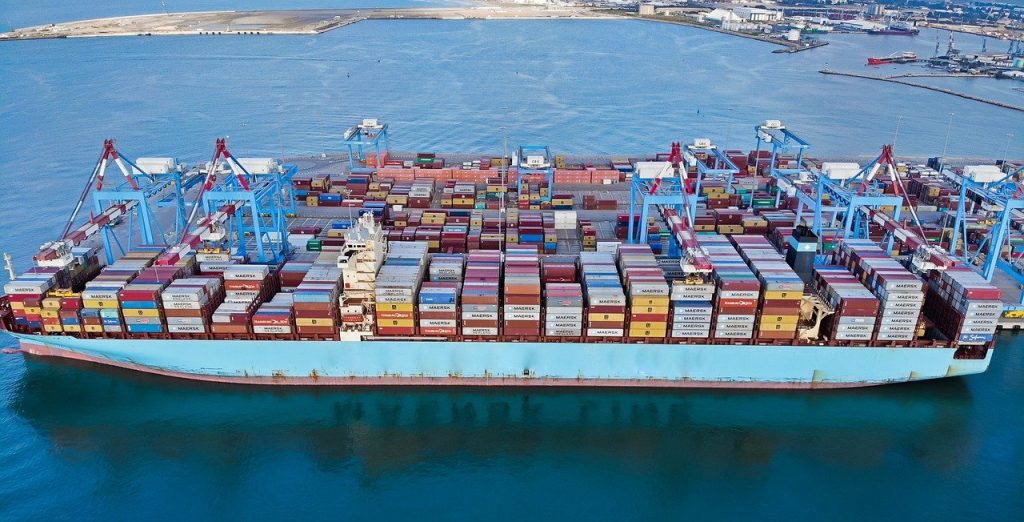OCEAN SHIPMENT SERVICE

As the name suggests, ocean shipment is a method to transport heavy and light goods from one country to another by sea. The goods are stored in large containers. Later the goods are stacked in the ships for shipments. Logistics companies are very dynamic, and they are continuously trying to improve their available services. Some people don’t have much information regarding ocean shipments. We will introduce you to some basic things every customer should know.
Ocean Shipping Services
Ocean shipment services are used to assist the shippers so that they make sure the goods have reached their destination safely. There are also shipment forwarders who help the customers from a financial point of view for international shipments. It comes with two benefits: faster delivery and lower shipment cost. People who are involved in this job are professionals and reliable. They will provide door-to-door delivery between the two countries.
The Major Goods Transported Across the Ocean
There are so many types of goods being transported daily. There are no major goods exactly, as customers order different goods. There are fewer restrictions on ocean shipment than air.
Those goods that come under this restriction are unsafe and non-perishable goods. For instance, goods that are fragile are kept in a separate container and the ones required to be dry are frozen.
Also, make sure that the shipping agents go through the goods thoroughly to make sure they meet the shipping requirements.
Know more: 8 Major Types of Cargo Transported Through the Shipping Industry
How Are the Products Delivered Internationally?
The products are checked with precision and packed perfectly before storing them in the containers. After the products go through customs, the goods are stored in the containers then loaded into the vessels to get to their final destination. The most common container lengths are 20ft and 40 ft.
The customers can take 20ft or 40ft containers but these matters should be negotiated with the shipping company. You may come across these letters FEU or TEU. FEU is for 40ft and TEU is 20ft. Although sometimes instead of FEU, they might use 2 TEU. Ocean Shipments is becoming more assured and modern. To track ocean shipment, there are built-in trackers in some containers. It can also tell what is inside that particular container. A ship can also carry more weight than air shipments.
The Average Time it Takes to Deliver Goods via Ocean Shipment
In the sea, time cannot always be maintained precisely. It is difficult to predict the weather; big storms may arise. These may cause delays. The carriers will give you an estimated time it will take for the ship to arrive at the destination.

